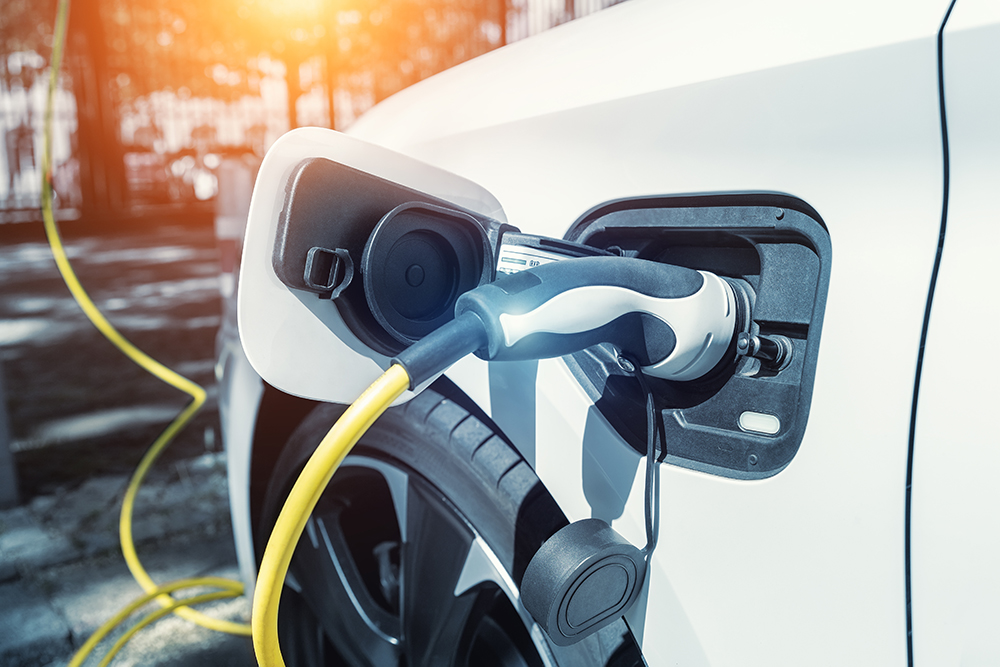
The automotive industry has long been in search of the golden mean—a vehicle that combines the eco-friendliness of electric cars with the practicality and range of traditional internal combustion engines. Enter the plug-in hybrid electric vehicle (PHEV), a concept that promises the best of both worlds. But are PHEVs finally delivering on this promise?
Understanding Plug-In Hybrids
Plug-in hybrids differ from traditional hybrids primarily in their ability to charge their batteries from an external power source. This allows them to operate as electric vehicles for shorter trips, switching to gasoline or diesel for longer journeys. The dual nature of PHEVs aims to provide the electric range for daily commutes while retaining the convenience of a conventional engine for extended travel.
The Evolution of PHEVs
Early models of PHEVs faced several challenges. Limited electric range, high costs, and inadequate charging infrastructure made them less appealing compared to either pure electric vehicles (EVs) or conventional hybrids. However, technological advancements and changing market dynamics are starting to tilt the scales in favor of PHEVs.
- Improved Battery Technology: Recent advancements in battery technology have significantly increased the electric range of PHEVs. Models like the Toyota Prius Prime and the Hyundai Ioniq Plug-In Hybrid now offer electric ranges that can cover most daily commutes without engaging the internal combustion engine.
- Cost Efficiency: The cost of PHEVs has been gradually decreasing. Government incentives and tax rebates in various countries have made PHEVs a more financially attractive option for consumers. Additionally, the operational cost savings due to the use of electricity over gasoline for short trips are compelling.
- Enhanced Infrastructure: The growth of charging infrastructure is another critical factor. With more public charging stations and faster home chargers available, the convenience of owning a PHEV has improved dramatically.
Real-World Benefits
- Environmental Impact: PHEVs offer significant environmental benefits, especially in urban settings where electric mode can be used predominantly. This results in lower emissions and a smaller carbon footprint compared to traditional vehicles.
- Fuel Efficiency: PHEVs provide excellent fuel efficiency by combining the strengths of both powertrains. For instance, the Chevrolet Volt can achieve over 100 miles per gallon of gasoline-equivalent (MPGe) when factoring in its electric range.
- Versatility: One of the most significant advantages of PHEVs is their versatility. They eliminate range anxiety—a common concern with pure EVs—by offering the backup of a gasoline engine, making them ideal for both city driving and long-distance travel.
Challenges and Considerations
Despite their benefits, PHEVs are not without challenges. The complexity of dual powertrains can lead to higher maintenance costs and potential reliability issues. Additionally, the real-world fuel economy of PHEVs can vary widely depending on usage patterns. Owners who frequently travel beyond the electric range may not experience the full benefits of fuel savings.
Moreover, the environmental impact of PHEVs depends on how often they are charged and driven in electric mode. If drivers neglect to charge their vehicles regularly, the PHEV essentially operates as a conventional hybrid, reducing its potential environmental benefits.
The Road Ahead
The future of PHEVs looks promising as manufacturers continue to innovate and address existing challenges. Emerging models are showcasing extended electric ranges, enhanced performance, and greater affordability. As consumer awareness and infrastructure support grow, PHEVs are well-positioned to carve out a significant niche in the automotive market.
In conclusion, plug-in hybrids are indeed making good on their promise to deliver the best of both worlds. They offer a pragmatic solution for today’s consumers by blending the efficiency and eco-friendliness of electric driving with the reliability and convenience of traditional engines. As the automotive landscape continues to evolve, PHEVs stand out as a bridge to a more sustainable and versatile future in transportation.
And, should you have the misfortune to require collision repairs to your plugin hybrid vehicle, Schaefer Autobody Centers is here to help!

